Building Your Own AI Customer Service Chatbot: A Step-by-Step Guide
Revolutionizing Customer Experience: The Rise of AI-Powered Customer Service Chatbots
The world of customer service is undergoing a seismic shift. Gone are the days of lengthy hold times and frustrating interactions. Today, businesses are leveraging the power of artificial intelligence to deliver instant, personalized support. At the heart of this revolution lies AI-powered customer service chatbot development – a game-changing strategy for enhancing customer satisfaction, boosting efficiency, and driving revenue. This isn't just a fleeting trend; it’s a fundamental transformation reshaping how companies connect with their customers in the digital age. We'll dive deep into the benefits, key considerations, and future trends surrounding intelligent conversational AI.
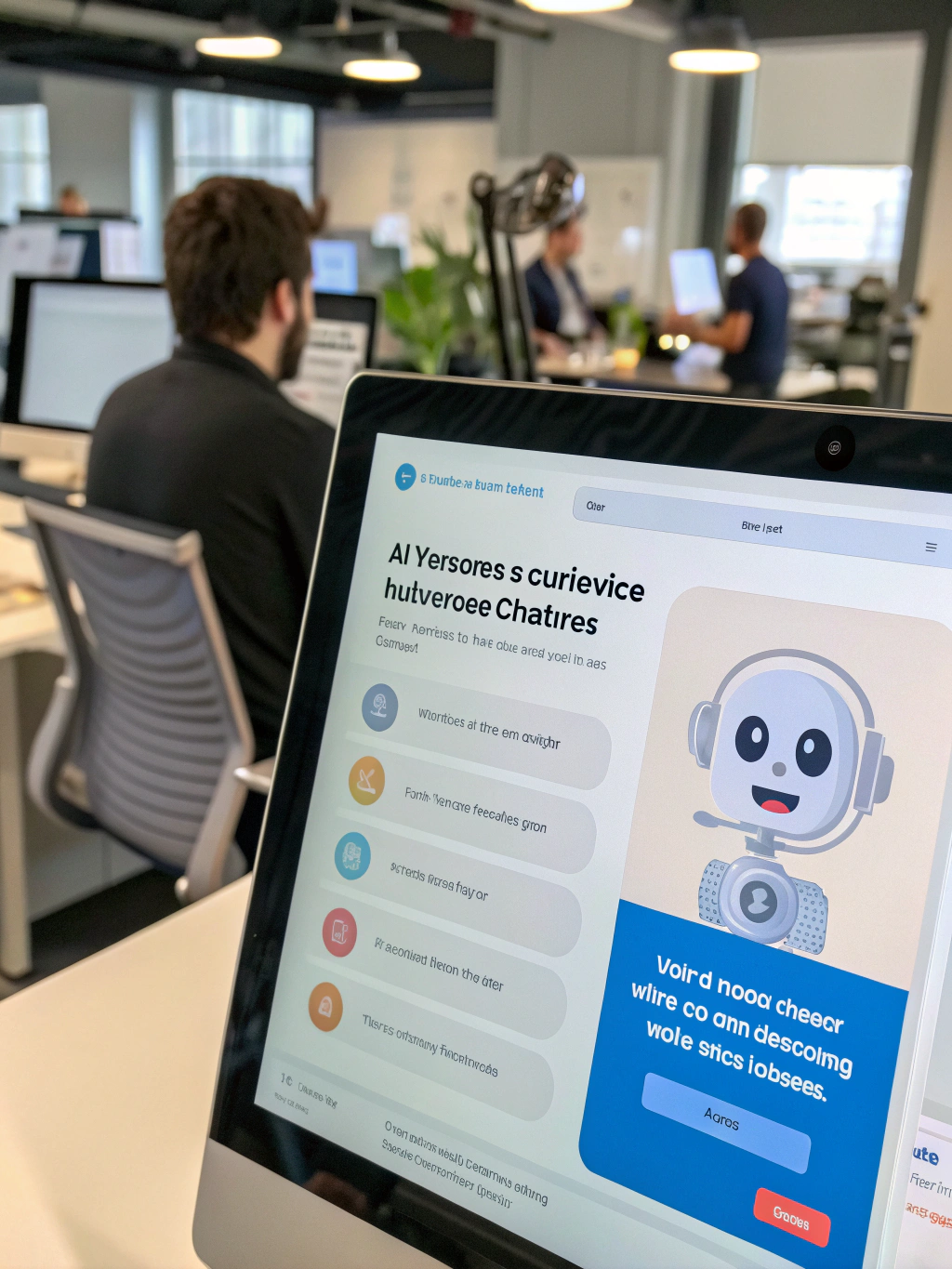
Why AI Chatbots Are Essential for Today's Businesses
The demand for immediate gratification is higher than ever. Customers expect instant answers and real-time assistance, regardless of the time of day. Traditional customer service models often struggle to meet these demands, leading to dissatisfaction and churn. AI-powered customer service chatbot development directly addresses this pain point by providing 24/7 availability and instant responses.
Here's a closer look at the key advantages:
- Enhanced Customer Experience: Chatbots offer instant support, personalized interactions, and proactive assistance, leading to happier customers.
- Reduced Operational Costs: Automating routine tasks frees up human agents to focus on complex issues, significantly reducing operational expenses.
- Increased Sales & Lead Generation: Chatbots can guide potential customers through the sales funnel, answer product questions, and even proactively offer personalized recommendations.
- Improved Agent Productivity: By handling frequently asked questions, chatbots alleviate the burden on human agents, enabling them to handle more complex and valuable tasks.
- Valuable Data Insights: Chatbot interactions provide a wealth of data about customer needs, preferences, and pain points, which can be used to improve products, services, and marketing efforts.
Choosing the Right Chatbot Platform: A Critical Decision
The selection of the appropriate chatbot platforms is paramount to the success of your AI initiative. The market is brimming with solutions, each offering a unique set of features, capabilities, and pricing models. Consider these factors when making your decision:
- Ease of Use: Does the platform offer a user-friendly interface for building and managing chatbots without requiring extensive coding expertise? Look for visual builders and drag-and-drop functionality.
- Integration Capabilities: Can the platform seamlessly integrate with your existing CRM, help desk software, and other business systems? This is crucial for a unified customer experience.
- AI Capabilities: What level of natural language processing (NLP) and machine learning (ML) does the platform offer? The more advanced the AI, the more sophisticated and human-like your chatbot will be.
- Scalability: Can the platform handle a growing volume of conversations as your business expands?
- Security: What security measures are in place to protect customer data? Compliances such as HIPAA and GDPR must be considered.
- Pricing: Does the platform offer a pricing model that aligns with your budget and usage needs? Consider both upfront costs and ongoing maintenance fees.
Popular chatbot platforms include: Dialogflow, Amazon Lex, Microsoft Bot Framework, Manychat, and Zendesk Answer Bot. Each excels in different areas, so carefully evaluate your specific requirements.
Building Intelligent Chatbots: Key Technologies & Best Practices
Creating a truly effective AI-powered customer service chatbot development requires more than just choosing a platform. It requires a strategic approach and a solid understanding of key technologies.
Here are some essential elements to consider:
- Natural Language Processing (NLP): NLP enables your chatbot to understand and interpret human language, including nuances, slang, and misspellings.
- Machine Learning (ML): ML allows your chatbot to learn from past conversations and improve its performance over time. It can adapt to new questions and provide more relevant responses.
- Intent Recognition: This technology helps your chatbot identify the user’s underlying goal or intention, even if they don’t explicitly state it.
- Dialog Management: Structure conversations logically, using flowcharts or visual dialog builders to ensure a smooth and natural user experience.
- Personalization: Tailor chatbot responses to individual customers based on their past interactions, preferences, and profile data.
- Human Handoff: Implement a seamless process for transferring conversations to human agents when the chatbot is unable to resolve a customer's issue.
Beyond Chat: The Future of AI-Powered Customer Interactions
The evolution of AI in customer service isn't stopping at chatbots. We're seeing the emergence of more sophisticated and integrated solutions, including:
- Voicebots: Conversational AI integrated into voice assistants like Alexa and Google Assistant.
- Omnichannel Support: Providing a consistent customer experience across all channels – chat, phone, email, social media, and more.
- Generative AI Agents: Leveraging powerful language models (like GPT-3 and beyond) to create more natural, dynamic, and personalized chatbot interactions. These agents can handle more complex tasks and engage in more sophisticated conversations, offering a truly "human-like" customer experience. This includes features like proactive problem-solving and personalized content generation.
- Predictive Support: Using AI to anticipate customer needs and proactively offer assistance before they even ask.
The convergence of AI, automation, and data analytics is paving the way for a future where customer service is more efficient, personalized, and proactive than ever before.
Ready to Transform Your Customer Service?
AI-powered customer service chatbot development is no longer a luxury – it's a necessity for businesses looking to thrive in today's competitive market. By carefully choosing the right chatbot platforms, implementing best practices, and embracing emerging technologies, you can create a powerful solution that delivers exceptional customer experiences and drives business growth.
What are your thoughts on the future of AI in customer service? Share your comments and questions below! And don't forget to share this post with your network!
Share this content:

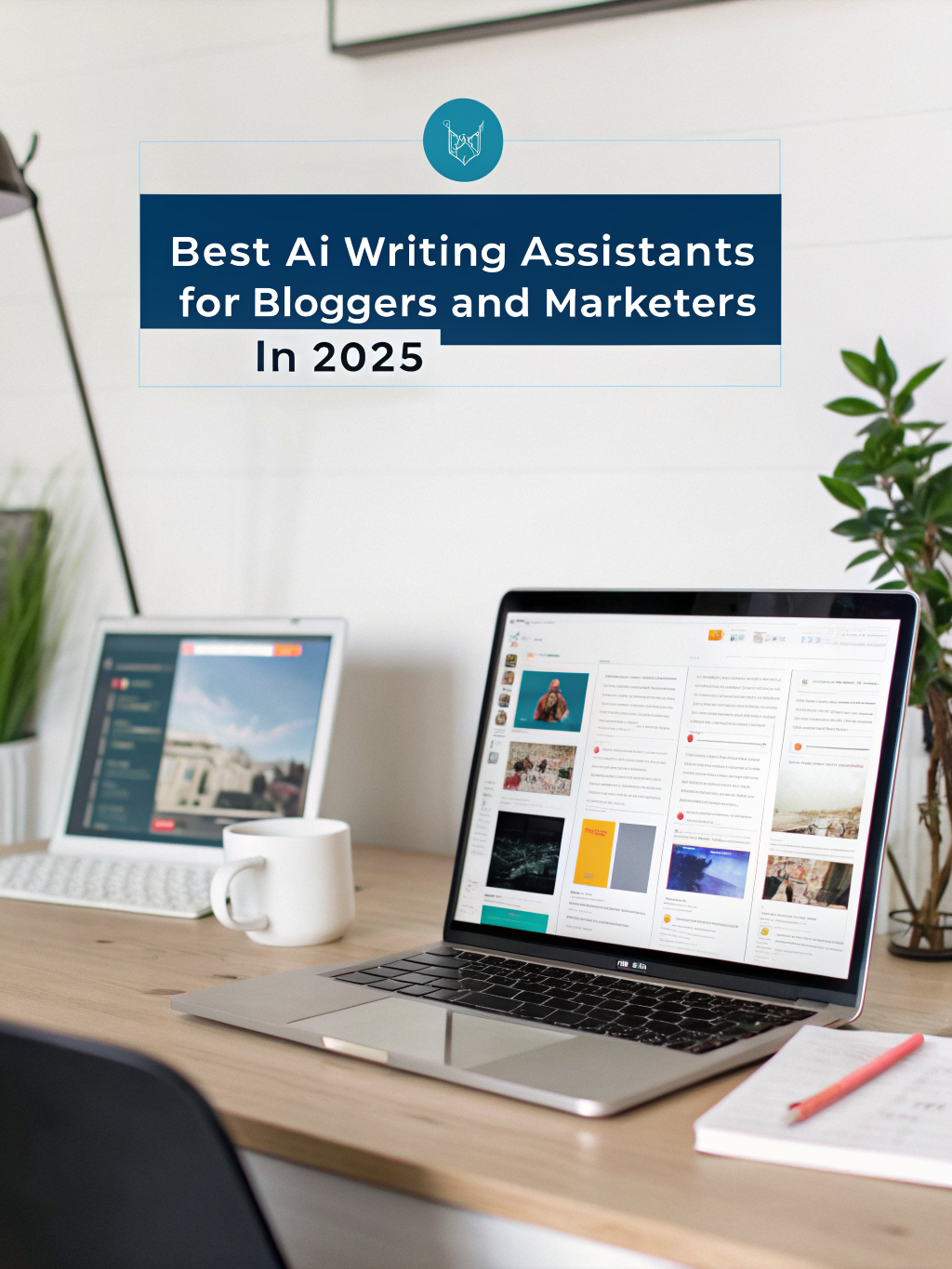
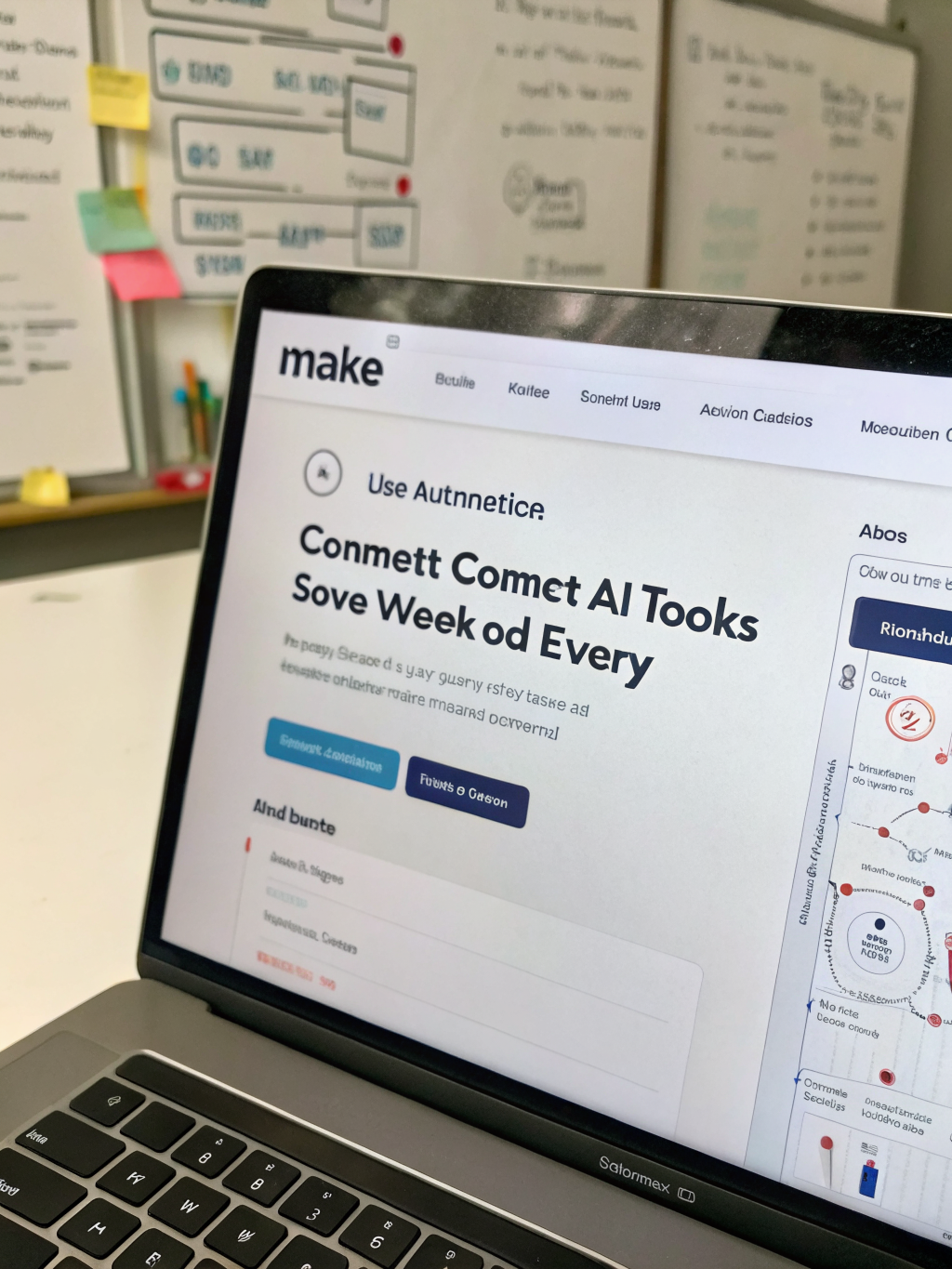
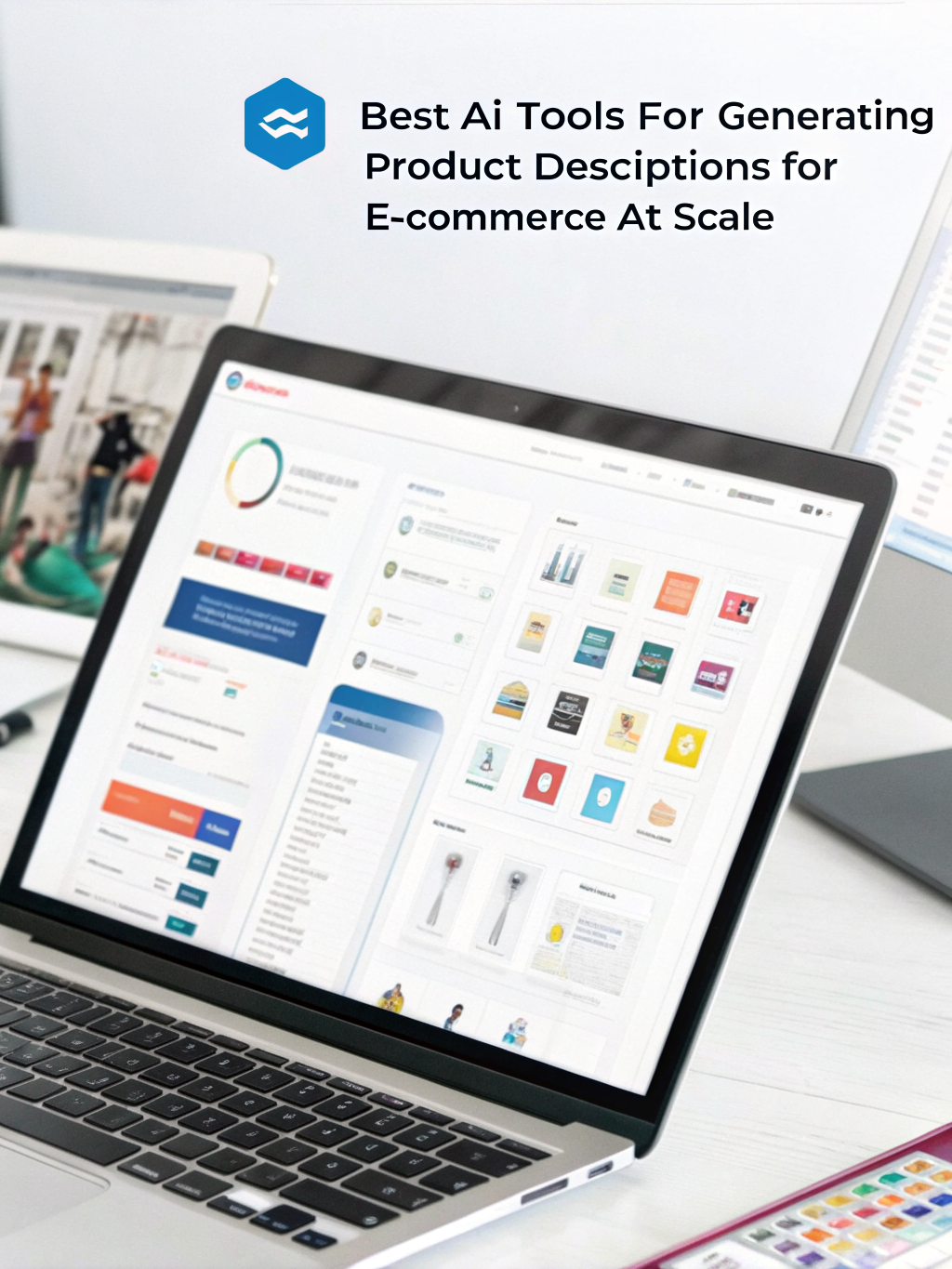
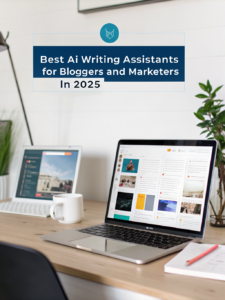
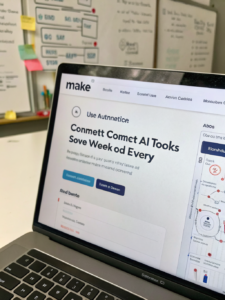
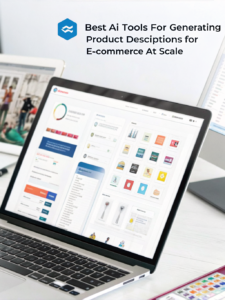
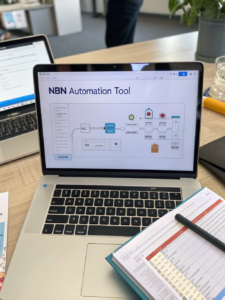
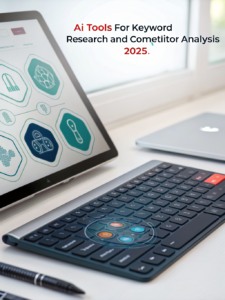

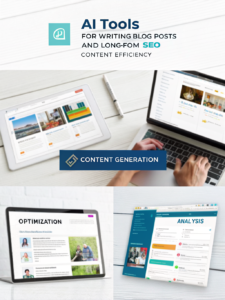

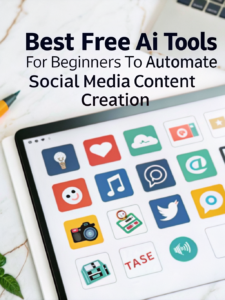
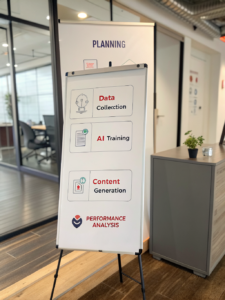
Post Comment